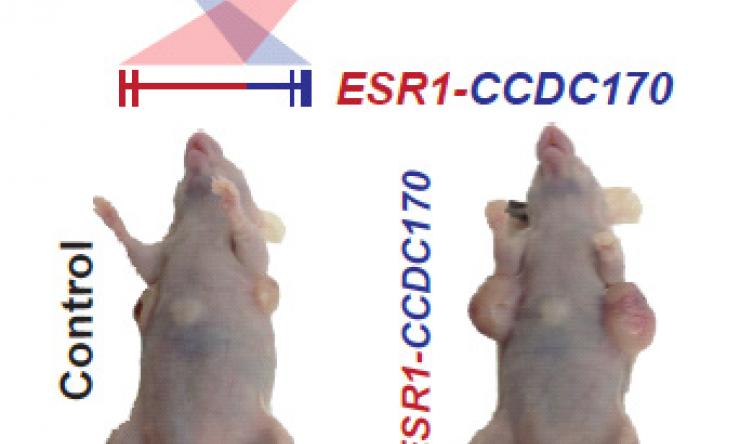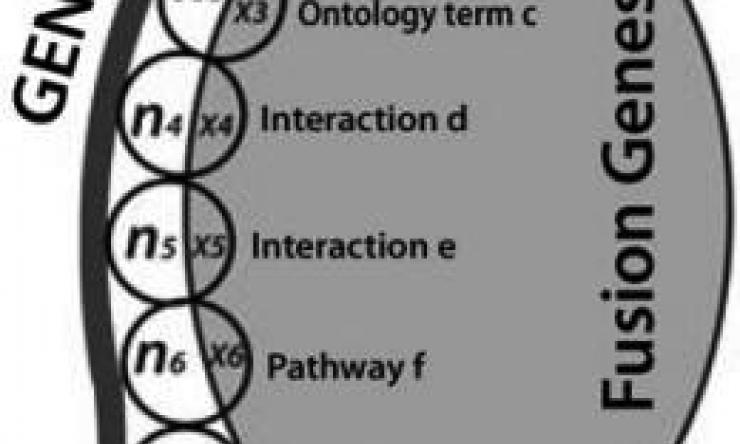About Us
The advancements of high-throughput transcriptomic, genomic and deep sequencing technologies have generated a flood of data in the public domain and private warehouse. However, the laboratory discoveries based on the analysis of these data have met with limited success. Innovative computational technologies and integrated experimental approaches that can address the driving biological problems in cancer are of high demand.
Wang laboratory is a cancer genomics and molecular targeting lab at Lester and Sue Smith Breast Center and Dan L Duncan Comprehensive Cancer Center, Baylor College of Medicine. The mission of this lab is to apply a multiple disciplinary approach inclusive of bioinformatics, genetics, molecular and cell biology, and translational studies to detect driving genetic aberrations and qualify appropriate cancer targets on the basis of next generation sequencing and genome profiling technologies.
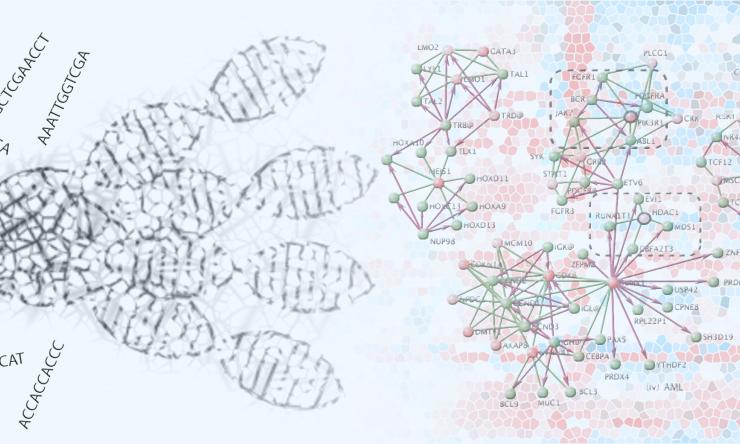
Our Research Focus
Decoding the cancer genome for the cure
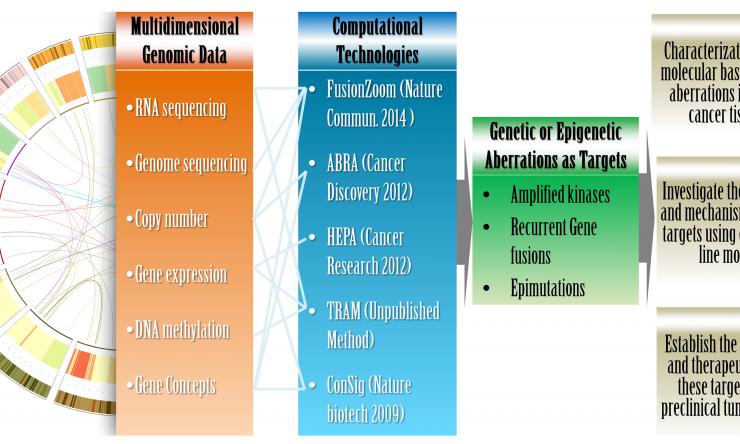
Our Multidisciplinary Approach
Discovering genetic aberrations and viable targets
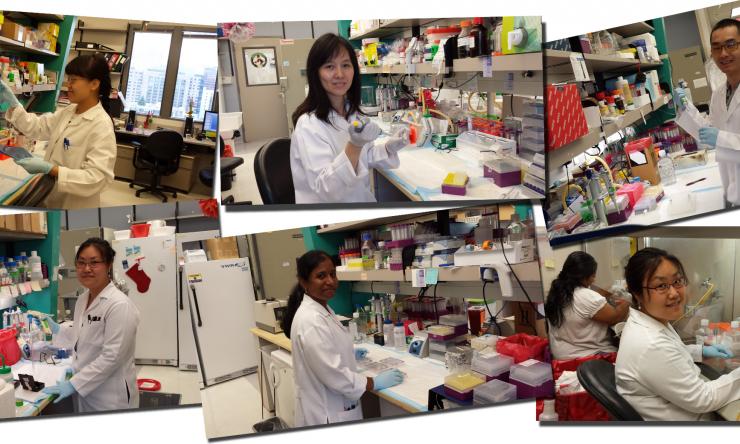
Our Laboratory Module
Translating genomic discovery into clinical application
Research Goals
- Develop innovative and integrative computational technologies to discover causal genetic and epigenetic alternations, viable therapeutic targets, and predictive biomarkers in cancer.
- Experimentally characterize individual genetic and epigenetic aberrations in breast cancer such as recurrent gene fusions, genomic amplifications, and epimutations.
- Experimentally qualify viable cancer targets and predictive biomarkers for the development of precision therapeutics in breast cancer.
Research Highlights
FusionZoom identifies recurrent ESR1-CCDC170 fusions in more aggressive estrogen-receptor positive breast cancers (Nature Comm 5:4577)
Technology Highlights
Concept Signature analysis: quantifying the functional relevance of human genes underlying cancer.








